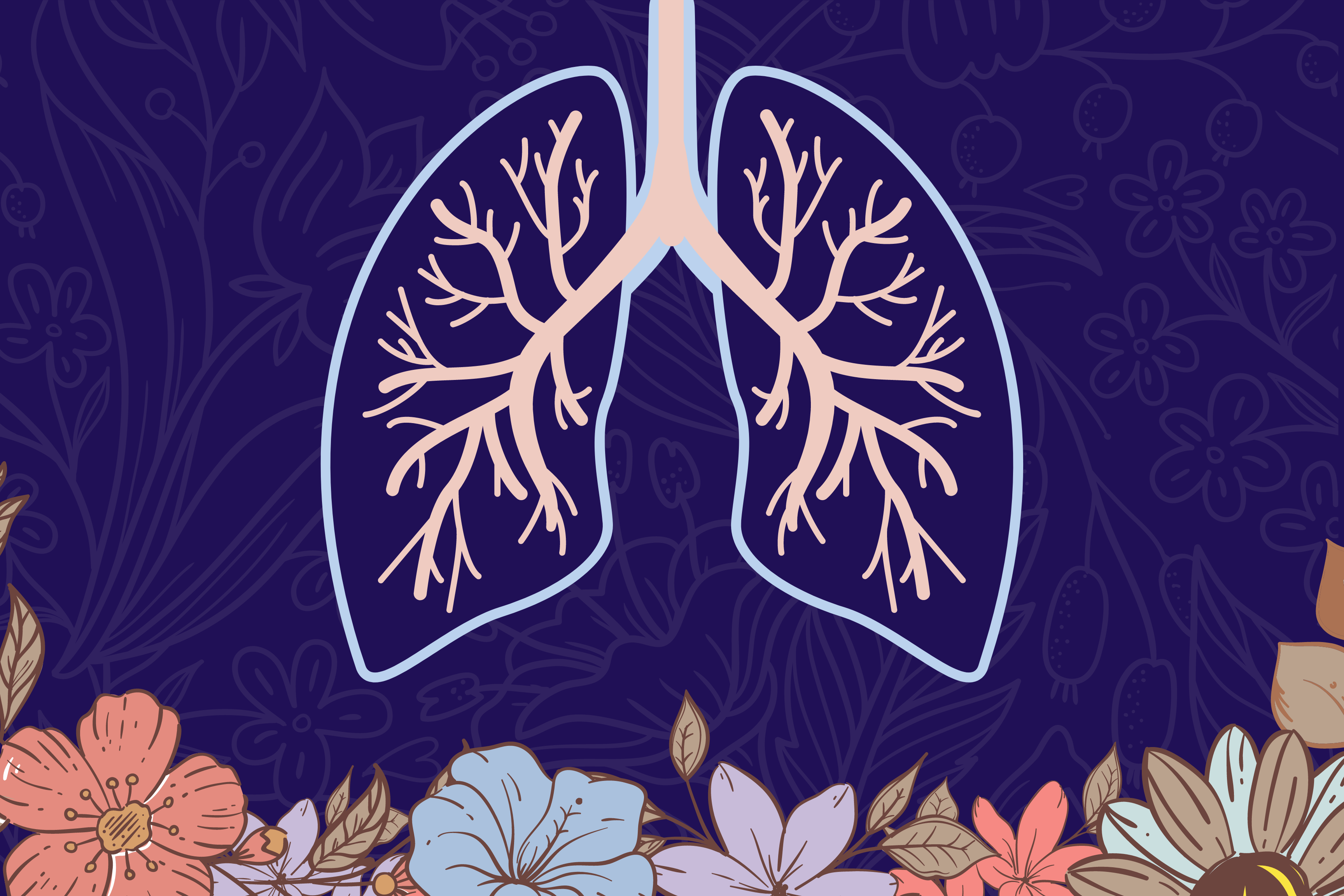We, as a collective, have the ability to sway senior-level decision makers to make the changes we want and need to see in the world. As we enter World Tuberculosis Day 2022 and face the repercussions of COVID-19 on neglected infectious diseases like tuberculosis (TB), our voices have never been so necessary and so powerful.
COVID-19 has redirected many of the financial, human, and programmatic resources that were initially distributed to other infectious diseases, including TB. As a result, we are seeing a significant decrease in TB diagnoses, along with delays in treatment. Rather than global leaders stepping up to protect gains in the fight against ancient diseases, we are seeing them recede.
The emergence of the COVID-19 pandemic effectively decimated previous support and efforts to eradicate other infectious diseases, like TB. Prior to COVID-19, TB was the deadliest infectious disease, causing 1.4 million deaths in 2019 alone. With the disruption to TB services and care, in 2020, we saw the first year-on-year increase in TB deaths in over a decade with 1.5 million lives lost to this disease.
We are in dire need of high-impact interventions, especially as COVID-19 remains a persistent threat. TB services can no longer take the heat and global advocates are stepping up to the challenge.
The quest to end TB has long been underfunded and under-resourced, relying heavily on global advocates and grassroots networks to call on governments to intervene. In Canada, organizations like Results Canada and Stop TB Canada recognize the value of advocacy in making progress against neglected infectious diseases, bringing the stories of those working and living with TB to decision makers in an effort to enact change.
Understanding the value of including the voices of affected communities in these conversations is critical to Stop TB Canada’s mission of eliminating TB, while also providing support to those affected by TB.
Advocacy is integral to the work being done by Results Canada, which mobilizes its national network of volunteers to move forward its advocacy priorities, equipping these advocates, volunteers and fellows with the skills and knowledge necessary to move the needle. With a broad range of Canadians engaging with their Members of Parliament, posting on social media, and writing letters to editors — the network is effectively increasing awareness of global health issues and putting pressure on our governments to provide adequate support services, especially for TB. Strong advocacy comes from a strong network — the more voices that are working together, the more likely it will reach decision makers.
TB demands the global attention that COVID-19 has received. We saw with the COVID-19 pandemic, vaccine research and development were expedited to combat the urgency of the virus. In contrast, research and development for TB, as a disease that primarily affects those living in poverty, has long been neglected.
As a result, the tools and treatments for TB are out-dated, ineffective, and harmful, with the only current vaccine against TB being a century old with limited effectiveness. Given the COVID-19 related disruptions to TB programming, this advocacy is more important than ever.
We do not lack the knowledge or equipment to end TB, as it is a preventable and curable disease that is often treated in high-income countries. What we lack is the political will to achieve health equity, ensuring that those affected by TB would be able to access the care they need, regardless of where they live.
If we are to eliminate TB, we must continue to speak loudly for the change we want to see and pressure global leaders to stand up for health equity.


